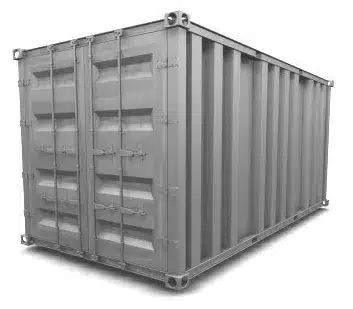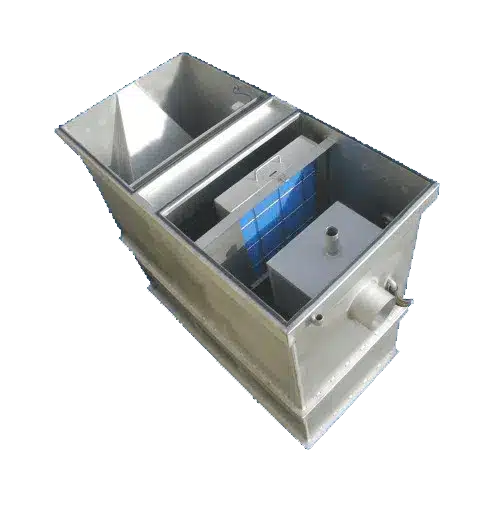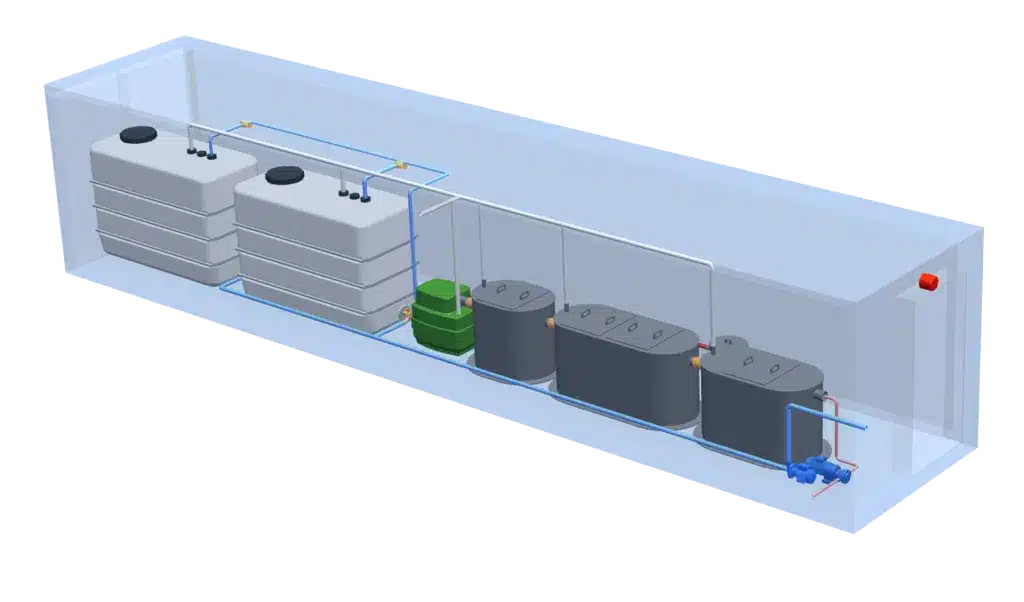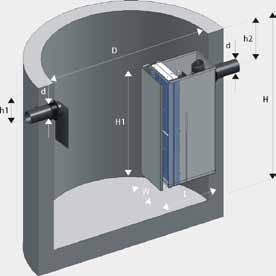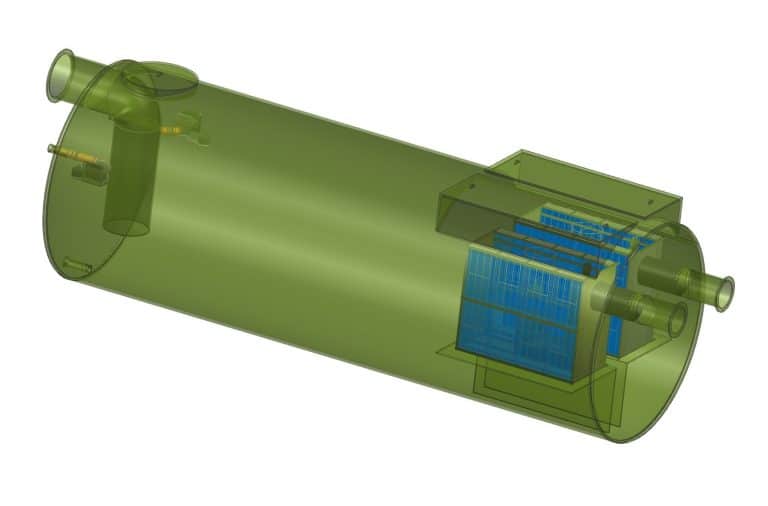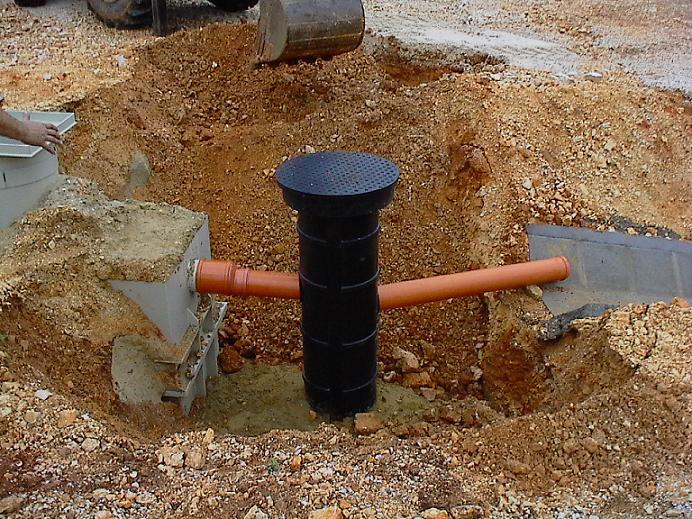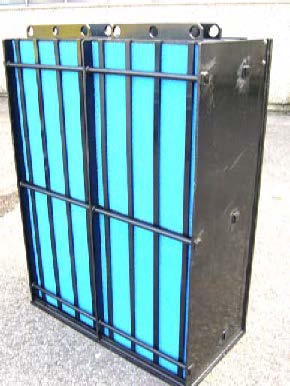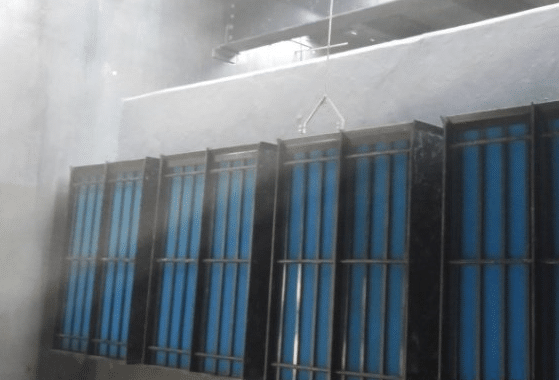Do you know how important Oil Water Separator Tanks Tennessee? They are key to keeping our environment safe. They help separate oil from water in industrial waste. This is crucial as Tennessee’s industries grow and need to follow strict rules.
Many industries in Tennessee, like car repair shops and airports, use these tanks. They are essential for managing stormwater and keeping our environment clean. These tanks make sure that oil and water don’t mix, which is important for keeping our water safe.
The laws like the Resource Conservation and Recovery Act and Clean Water Act set high standards for waste treatment. Tennessee businesses must follow these rules to avoid fines and protect our water. Let’s explore how oil water separator tanks are changing the way we manage industrial waste in Tennessee.
Key Takeaways
- Freytech Inc. Oil water separator tanks are crucial for industrial wastewater treatment in Tennessee
- These systems achieve a separation efficiency of 5 PPM for various hydrocarbons
- Compliance with state and federal environmental laws is mandatory for Tennessee industries
- Separators are vital for stormwater management and oily water treatment
- A wide range of industries in Tennessee rely on oil water separators for environmental protection
Understanding Oil Water Separator Tanks
Oil water separator tanks are key in managing industrial wastewater. They remove oil and hydrocarbons from water. This keeps our waterways safe and meets environmental laws.
How Oil Water Separators Work
These separators use gravity, coalescing pack media, and carbon absorption to clean wastewater. Contaminated water goes through the system. Oil floats to the top, and heavy particles fall down.
The coalescing pack media helps small oil droplets merge. This makes them easier to take out.
Types of Oil Water Separators
There are many types of oil water separators. Some have multiple stages for better hydrocarbon removal. The ConDePhase Plus and PURO OWS are popular models. They work well with various flow rates and contaminant levels.
Benefits of Using Oil Water Separators
Oil water separators bring many benefits to businesses. They produce water with very little oil, often less than 5 parts per million. This meets strict stormwater runoff laws.
Modern separators also have oil skimmers for better oil recovery. They can handle flows from 0.5 to 5000 gallons per minute. This makes them useful for many industrial needs.
Tennessee Regulations for Industrial Wastewater Management
Tennessee has strict rules for managing industrial wastewater. These rules protect the environment and public health. They follow the Resource Conservation and Recovery Act and Clean Water Act.
Oil water separator tanks are key to following these rules. They must meet UL-58, UL-142, and UL-1746 standards. These tanks treat wastewater before it’s released into the environment.
The limit for hydrocarbon discharge in North America is 10 Parts per Million (10 PPM). Some systems can even get down to 5 PPM. This ensures the water released is very clean.
Underground storage tanks in Tennessee have their own set of rules. They need regular checks and upkeep to avoid leaks and contamination. Companies must keep detailed records of their tanks to follow state laws.
Following these rules helps Tennessee industries protect water resources and avoid big fines. It’s crucial for businesses to keep up with the latest environmental laws. This way, they can operate responsibly and sustainably.
Oil Water Separator Tanks Tennessee: Options and Specifications
Oil Water Separator Tanks Tennessee provide various solutions for oily water treatment. They come in different sizes and specs to fit industrial needs. Let’s look at the main features to help you pick the right one for your place.
Flow Rates and Capacities
These tanks in Tennessee handle a broad range of flow rates. Small ones process 314 gallons per minute, and big ones up to 5000 gallons per minute. Tank sizes also vary, like a 1,000-gallon tank that’s 110 inches long, 61-3/4 inches wide, and 71 inches high.
Materials and Construction
Durability is crucial for these tanks. Many use 1-inch thick polyethylene for strength and to resist corrosion. The covers are made of H20-rated pickable cast iron. This makes them easy to access for upkeep and strong enough for heavy loads.
Installation Requirements
Installing these tanks needs careful planning. They must be buried at depths of 30 to 120 inches. There are various riser setups to fit different sites. For high water tables, anchor kits keep the tanks in place, preventing them from floating away.
When picking Oil Water Separator Tanks Tennessee, think about your flow rates, space, and site conditions. These will help you choose the best tank for your oily water treatment needs.
Advanced Technologies in Oil Water Separation
Oil water separation technology has made big strides in recent years. These new solutions aim to boost efficiency and cut costs for industries handling oily wastewater. Let’s dive into some top-notch solutions that are making waves in hydrocarbon removal.
Coalescing Technology
Coalescing pack media is a big step up in oil separation. It uses special materials to help oil droplets merge into bigger drops. These big drops are simpler to take out of water. Some systems have unique “ball” designs that enhance performance and save money. Coalescing tech can be up to twice as effective as old-style separators.
Enhanced Performance Systems
Today’s oil water separators have many features to boost hydrocarbon removal. They use steel coalescing plate packs, tri-ball floats, and weir dams to efficiently remove tramp oil from coolants. These systems can get rid of emulsified oil down to 0.1 parts per million. Oil skimmers are key, always pulling floating oil off the water’s top.
With tighter environmental rules, these advanced tech options are vital for oily wastewater management. By using top-tier oil water separator tanks, Tennessee businesses can stay compliant and improve their operations.
Applications of Oil Water Separators in Tennessee Industries
Oil water separators are key in Tennessee’s industrial wastewater treatment. They are used in service stations, vehicle repair shops, and material handling facilities. These systems manage oily water and follow environmental laws.
Transportation sectors like bus terminals, rail yards, and airports use them for stormwater management. These systems clean runoff with oils and fuels. Military bases and utilities in Tennessee also use them for oily wastewater.
The petrochemical industry, including bulk oil terminals and refineries, counts on these systems. Steel mills and tank farms use them for coolants and rinse water. Maritime operations along Tennessee’s waters use them to handle bilge water and stop oil pollution.
Oil water separators are vital for keeping the environment clean across many sectors. They handle air compressor condensate, grinding fluids, and rainwater runoff. Their versatility makes them crucial for industries aiming to meet Tennessee’s environmental standards.
These separators are crucial in storm water systems. They process runoff to meet the US EPA’s Clean Water Act standards. With effective oily water treatment, facilities protect the environment and dodge big fines.

